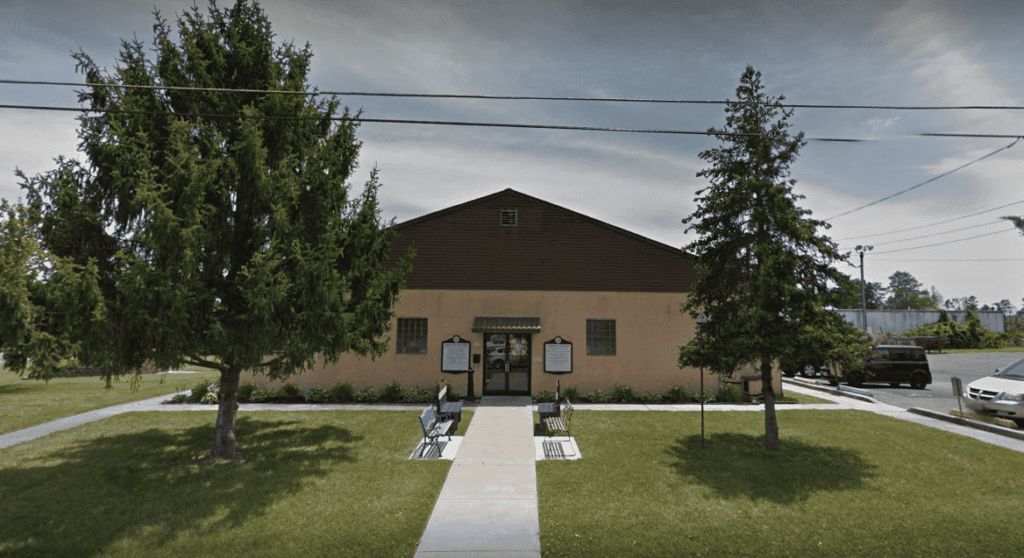
The Mantua VFW will hold a Life Line Screening with health screenings at its headquarters on Friday Feb. 3.
“We provide screenings for stroke and cardiovascular disease risk and other chronic illnesses,” said Robert Protass, vice president and head of marketing for Life Line Screening. “It’s a mission of our company to screen asymptomatic people who are generally over the age of 40 at convenient locations.
“We are a community-based preventive screening health-care company that has screened over 10 million people over 20 plus years,” he added. “We hold over 14,000 screening events each year throughout the United States.”
The VFW screenings feature four types of tests that can help identify certain diseases when they can still be treated. They include an ultrasound that scans the carotid arteries for buildup of fatty plaque, a leading cause of stroke, and screening for abdominal aneurysms that could lead to a ruptured aorta.
Heart Rhythm Screening (AFIB) is a quick and easy test that uses a six-lead EKG placed on the arms and legs to identify the presence or absence of an irregular heartbeat. A Peripheral Arterial Disease Screening tests the lower extremities.
Screening prices, according to Protass, are based on what tests are done. The aforementioned group of screenings would cost $149, according to the event’s description on Facebook. Life Line also offers blood tests for chronic illnesses and osteoporosis.
“Prices vary depending on the screening package and whether you are a returning customer,” Protass explained. “Our most popular package for $159 includes a screening for plaque blockages in your carotid arteries, Peripheral Arterial Disease, atrial fibrillation and abdominal aortic aneurysm.”
Next month’s screenings are the fourth time in three years that the company has visited the Mantua VFW. The screenings begin at 9 a.m. and participants must register beforehand by calling (866) 964-1386, texting the word “circle” to 797979 or going online at https://llsa.social/HC.
“People will understand their risks of stroke and cardiovascular disease risk and receive their results through a secure portal, as well as through postal mail,” said Protass.









